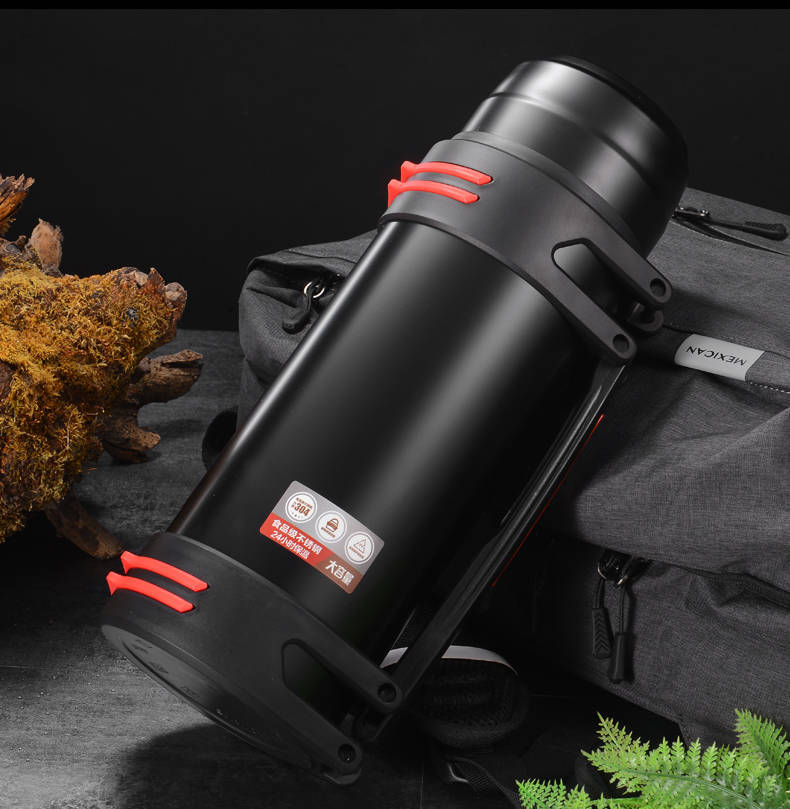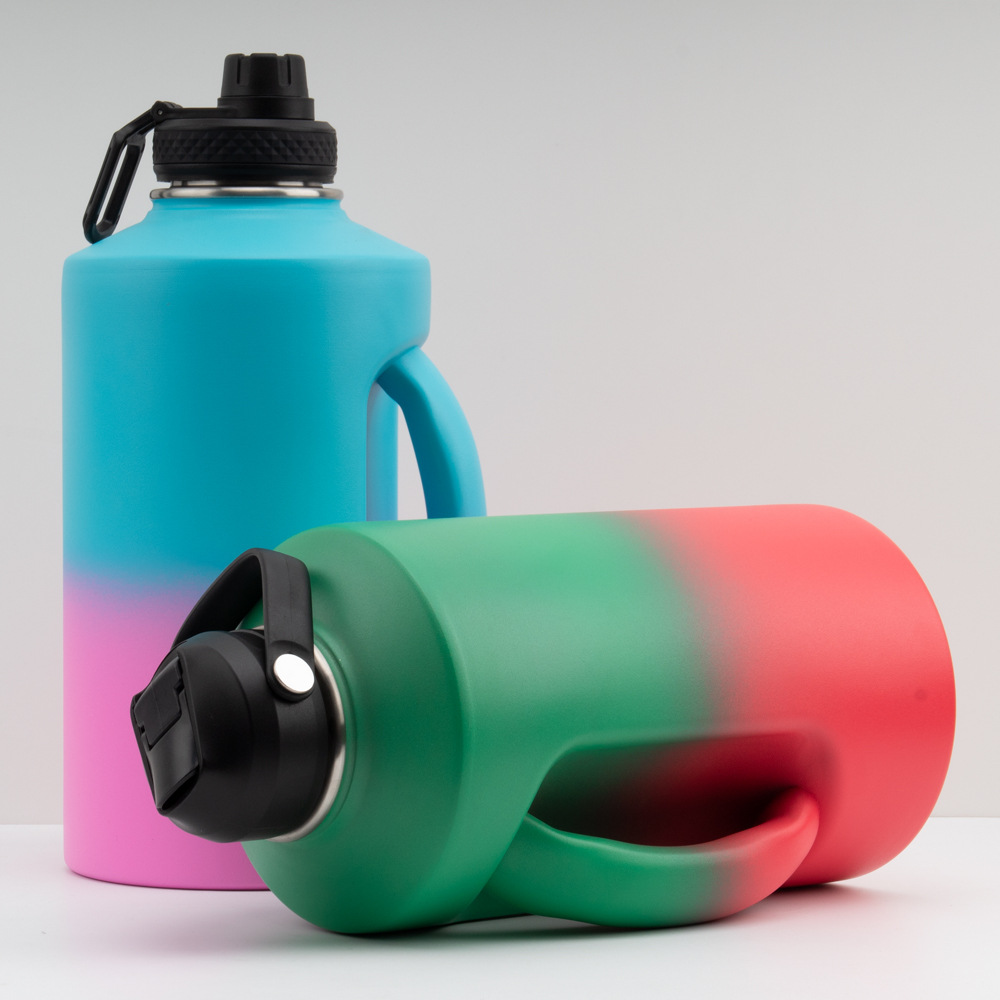how many bottle of water should i drink a day?
Title: How Many Bottles of Water Should You Drink Each Day?
Staying hydrated is essential for maintaining good health. Water plays a crucial role in various bodily functions, including regulating body temperature, aiding digestion, and transporting nutrients. But how much water should you drink each day? The answer to this question is not one-size-fits-all, as it depends on several factors such as age, gender, activity level, and overall health. In this article, we will explore the recommended daily water intake and provide tips for staying properly hydrated.
The Importance of Hydration
Before delving into the specifics of daily water intake, it’s important to understand why staying hydrated is so crucial. Our bodies are composed of approximately 60% water, and every system relies on it to function properly. Dehydration can lead to a range of health issues, including fatigue, headaches, dizziness, and even more serious complications if left untreated. By maintaining adequate hydration, you can support your overall well-being and promote optimal bodily function.
Recommended Daily Water Intake
The commonly cited recommendation for daily water intake is eight 8-ounce glasses, which is often referred to as the “8×8 rule.” This translates to about 2 liters or half a gallon of water per day. However, this guideline is a general rule of thumb and may not apply to everyone. Factors such as climate, physical activity, and individual differences in metabolism can all influence how much water an individual needs.
The Institute of Medicine (IOM) provides more specific guidelines for daily water intake based on age and gender. According to their recommendations, adult men should aim for about 3.7 liters (125 ounces) of total water per day, while adult women should aim for 2.7 liters (91 ounces) of total water per day. This total water intake includes water obtained from beverages and food combined.
It’s important to note that these recommendations are based on average needs and may need to be adjusted based on individual circumstances. For example, athletes or individuals living in hot climates may need to consume more water to compensate for fluid loss through sweat.
Factors Affecting Water Needs
Several factors can influence an individual’s daily water needs. These include:
1. Age: Children and older adults may have different hydration needs compared to young and middle-aged adults.
2. Gender: Men generally have higher muscle mass and different body composition compared to women, which can affect their hydration needs.
3. Activity level: Those who engage in regular physical activity or have physically demanding jobs may require more water to replace fluids lost through sweat.
4. Climate: Hot and humid weather can increase the body’s need for water to maintain proper hydration.
5. Overall health: Certain health conditions such as fever, diarrhea, or urinary tract infections may require increased fluid intake to prevent dehydration.
Tips for Staying Hydrated
Meeting your daily water intake goal doesn’t have to be a daunting task. Here are some tips to help you stay properly hydrated:
1. Carry a reusable water bottle with you throughout the day as a reminder to drink water regularly.
2. Flavor your water with fresh fruits or herbs to make it more enjoyable if you find plain water unappealing.
3. Eat water-rich foods such as cucumbers, watermelon, and oranges, which can contribute to your overall fluid intake.
4. Set reminders on your phone or computer to take regular water breaks, especially if you tend to get caught up in work or other activities.
5. Pay attention to your body’s signals of thirst and aim to drink water before you feel excessively thirsty.
6. Limit intake of dehydrating beverages such as alcohol and caffeinated drinks, which can increase fluid loss.
7. Monitor the color of your urine; pale yellow urine indicates adequate hydration, while dark yellow urine may signal dehydration.
In conclusion, the amount of water you should drink each day depends on various factors such as age, gender, activity level, and overall health. While general guidelines exist, it’s important to pay attention to your body’s individual needs and adjust your water intake accordingly. By staying properly hydrated, you can support your overall health and well-being.
Remember that these recommendations are general guidelines and may not apply to everyone. If you have specific health concerns or conditions that may affect your hydration needs, it’s best to consult with a healthcare professional for personalized recommendations.



Pingback: The Benefits of Using a Stainless Steel Insulated Water Bottle - Cungoo Drinkware
Pingback: The Advantages of Using an Insulated Bottle - Cungoo Drinkware